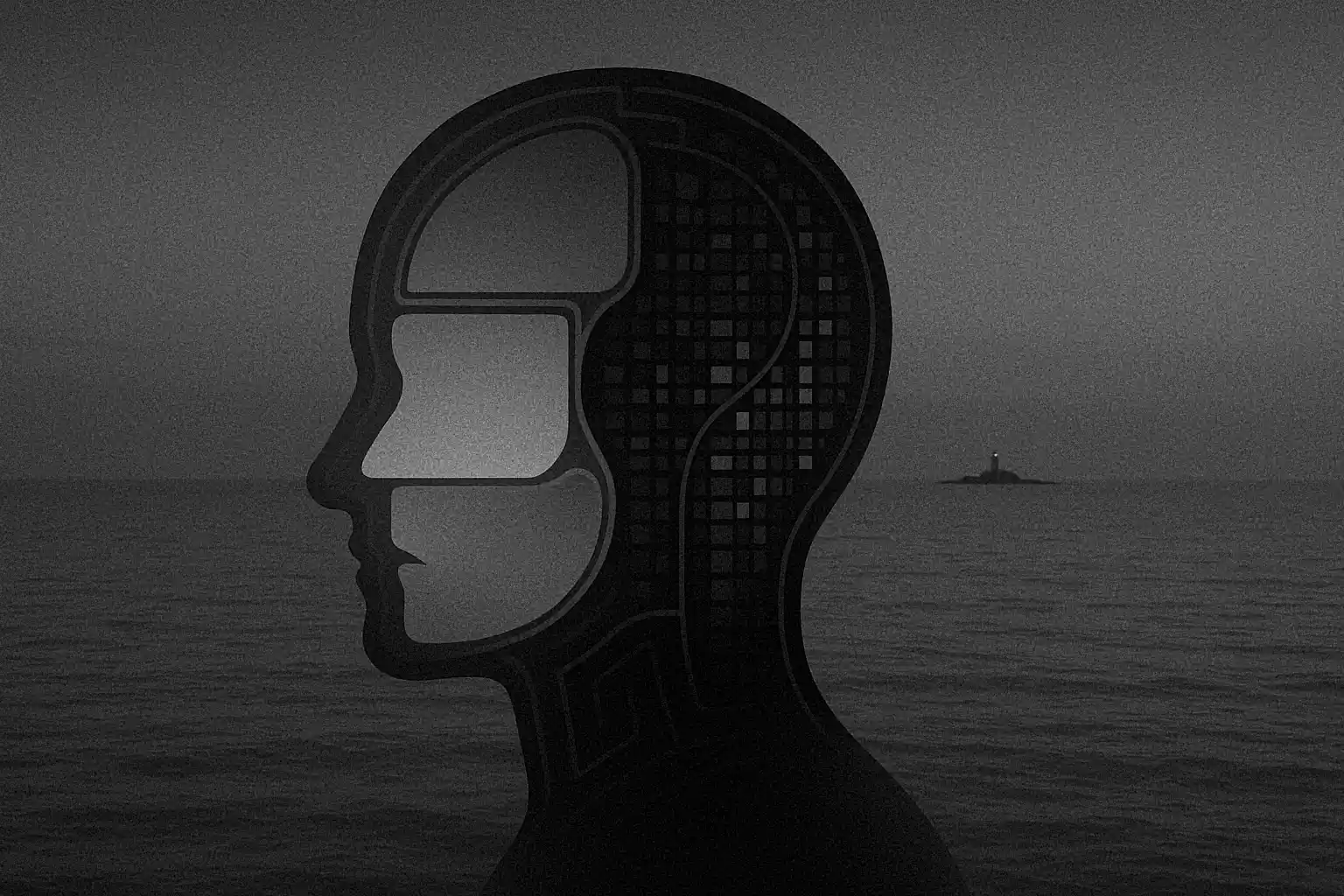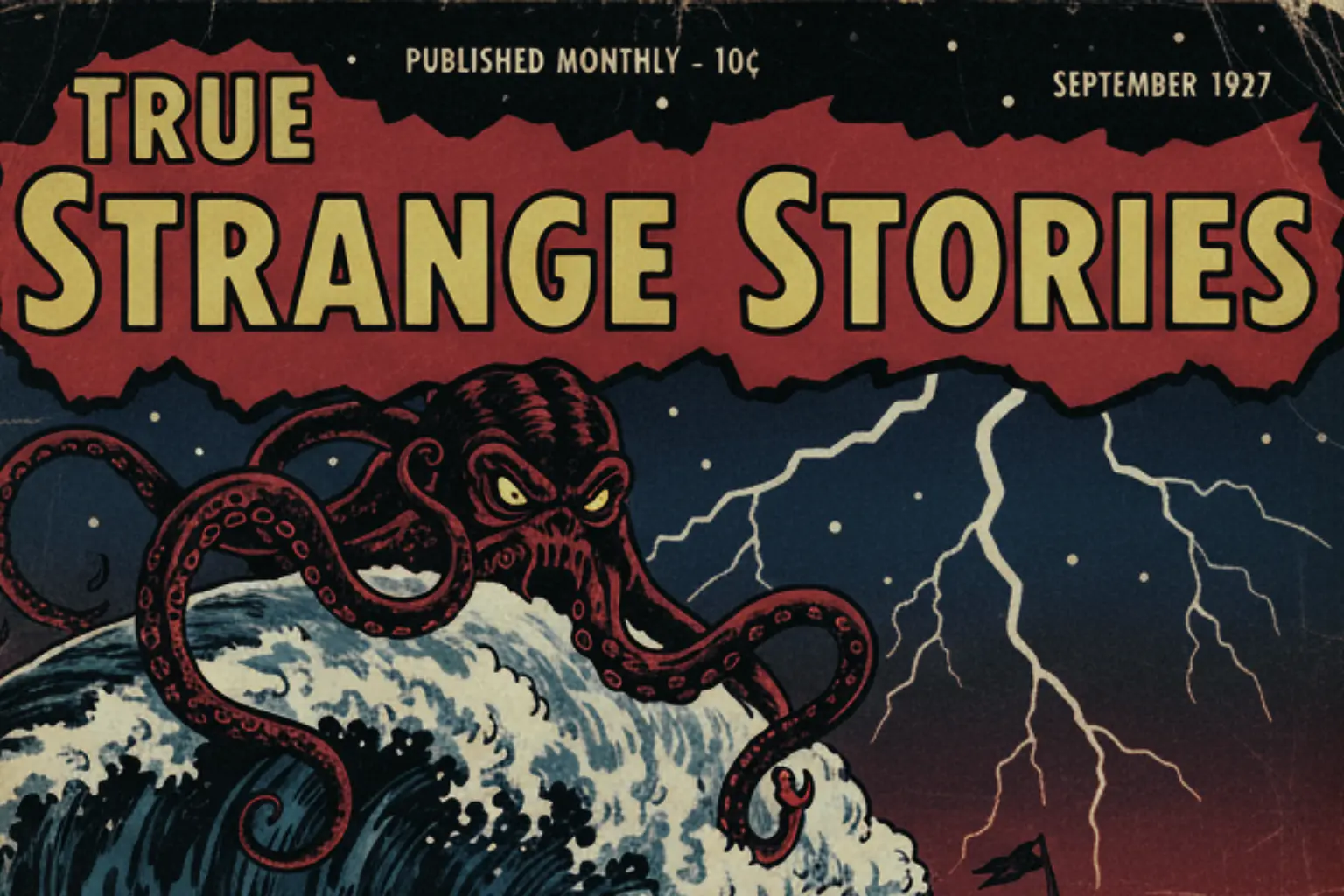Misinformation Campaign
Evidence of organised efforts to deliberately spread false or misleading information to achieve a specific, often unstated, goal. We examine organised attempts to shape public perception through false narratives, the deliberate planting of misleading stories in the media, and propaganda efforts designed to obscure a factual event.
The Narrative Killers – A Psychological Autopsy of the Flannan Isles Mystery
The story of the Flannan Isles is defined by fictions that are more memorable than the facts. This is a psychological autopsy of why the human mind prefers a good story over a true one, and how narrative can kill a record.
The Flannan Isles Forgery – A Case File on the Pulp Hoax Machine
The most famous evidence from the Flannan Isles mystery, a terrified logbook, was a lie, invented in 1929 for a pulp magazine. We investigate the economics of sensation and the industrial process of myth-making that turned historical fact into profitable fiction.
The Flannan Isles – A Rogue Wave, a Bad Poem, and a Century of Fiction
Everyone knows the story of the Flannan Isles keepers who vanished leaving an untouched meal. The official 1900 report tells a different story: one of a clean kitchen, a catastrophic wave, and a century of myth-making.
The Tanganyika Laughter Epidemic – How a Medical Crisis Became a Joke
The story of the Tanganyika Laughter Epidemic is a well-known curiosity: a joke that caused an entire region to laugh for months. But the only medical report from 1962 tells a different story, one of weeping, fear, and panic.
The Bennington Triangle – When Missing Records Create Missing People
The legend of the Bennington Triangle was not born from paranormal events, but from something far more mundane - institutional failure. Our investigation reveals how five unsolved disappearances were shaped by botched investigations, missing records, and a myth created 40 years later.
The Expertise Trap – Why Confident Error Beats Cautious Expertise
Our investigation into the Expertise Trap examines why those who know the least often sound the most certain, while genuine experts hedge their words. We trace the psychological roots of this paradox and its high-stakes consequences in the real world.
An Investigation into St George – The Political Saint
In 1348, Edward III quietly replaced England's patron saint with a Palestinian martyr whose life story was a mystery even to the Pope. The timing reveals this wasn't about faith, it was about war.
Was Churchill the Warmonger – or the One Who Said No?
History’s moral compass isn’t easily broken. But some are determined to bend it. The campaign to recast Churchill as villain and Hitler as victim isn’t just a revision of the past; it’s a quiet war over truth, memory, and the foundations of belief itself.







